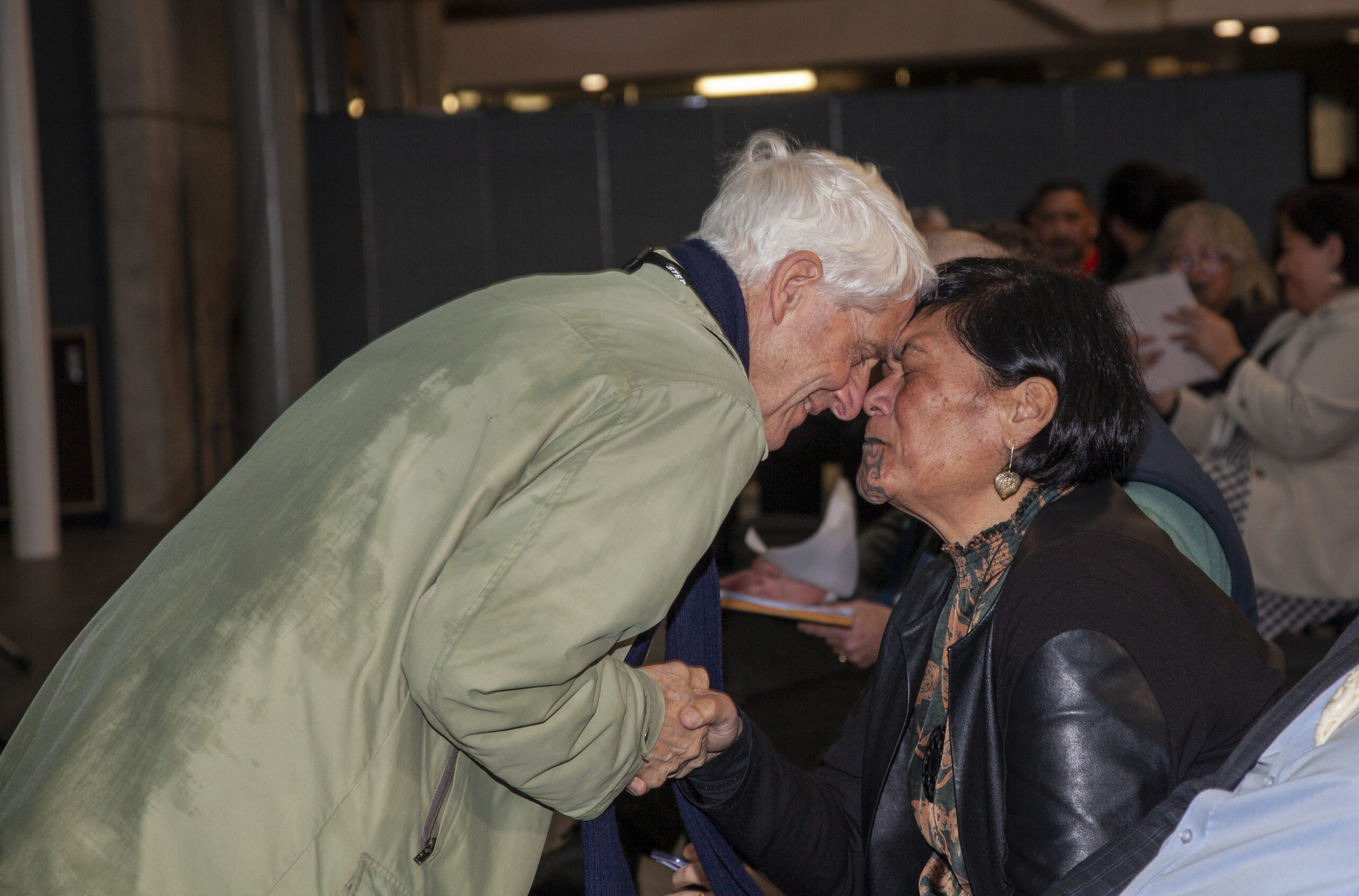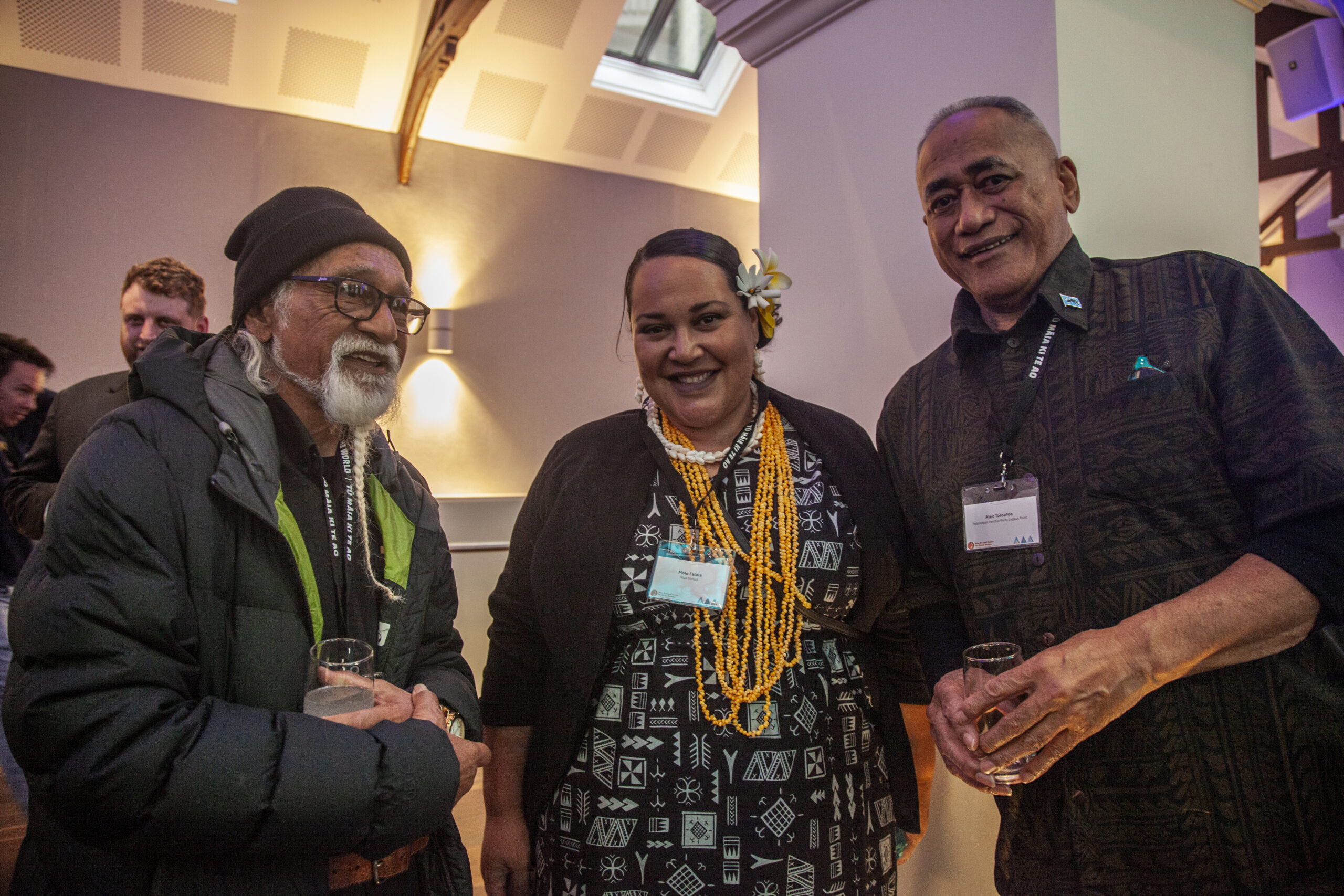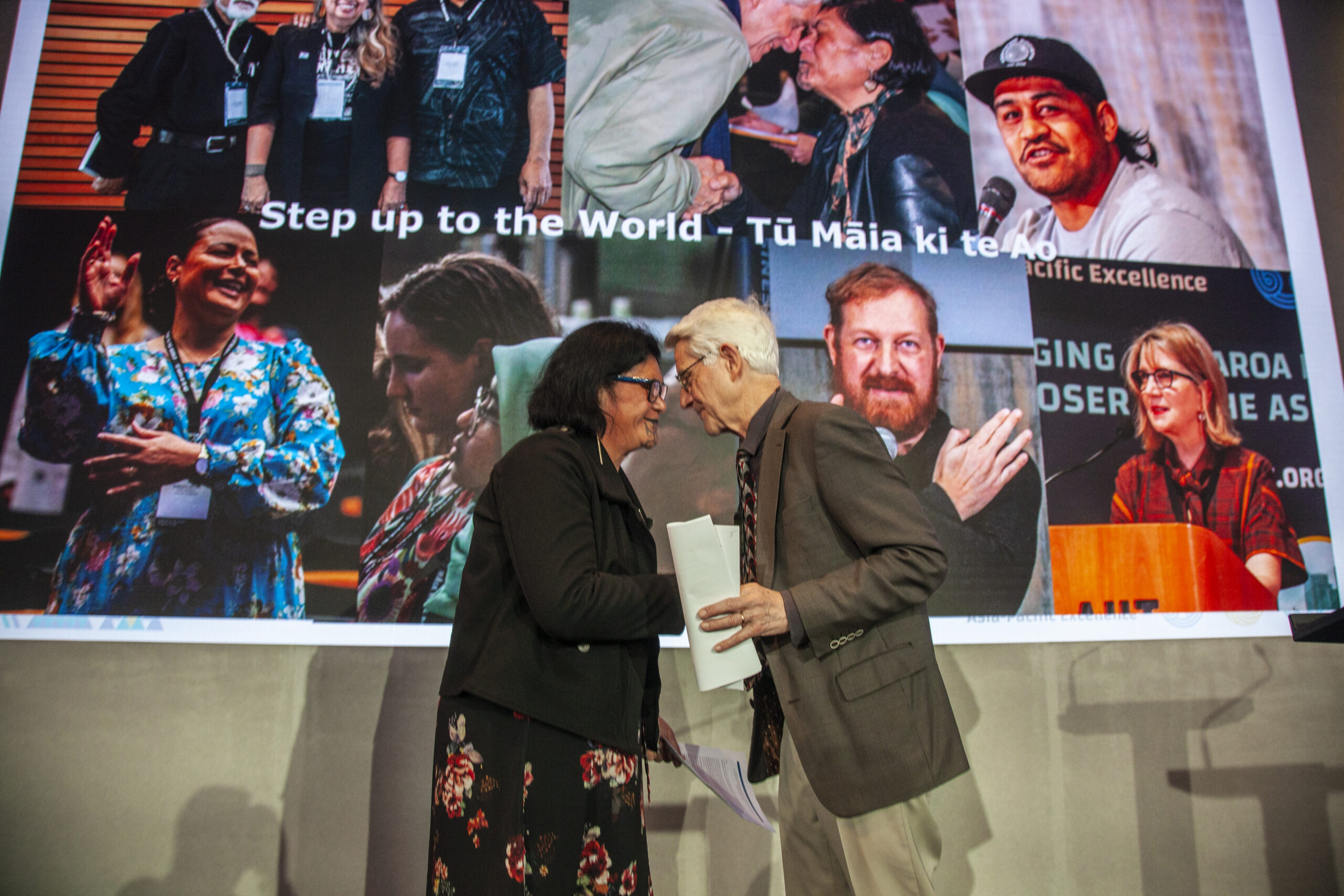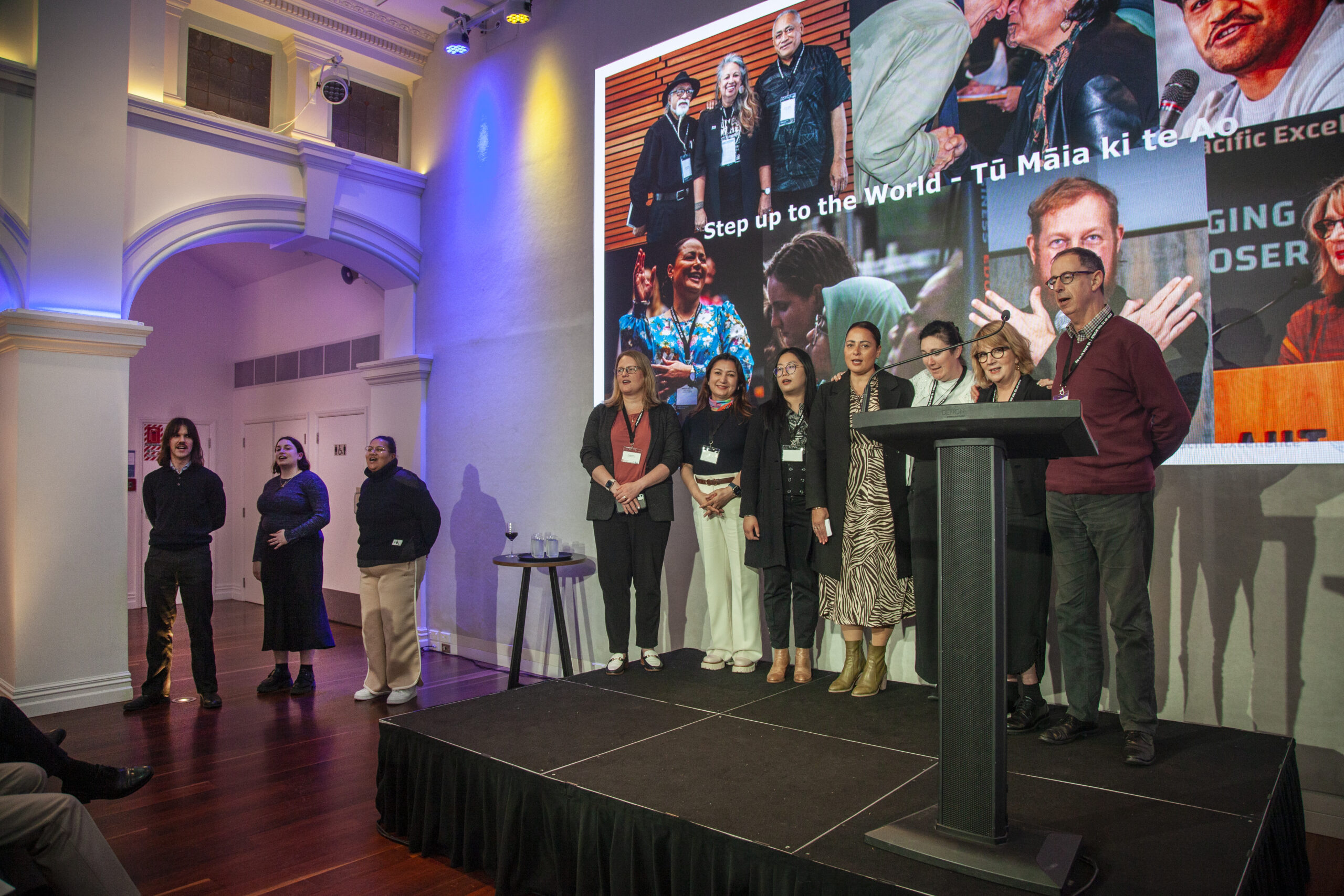The coronavirus has overrun the world in no time. This ‘blitzkrieg’ so far only needed four months to destroy many lives, dealing the world economy a serious blow – threatening to topple the Great Depression from its pole position of modern economic catastrophes, and becoming a harbinger of fundamental change to politics and our societies.
Indeed, we are ‘at war’ as the President of France warned in a recent interview (Financial Times). Macron pointed to a Europe, weakened by the Brexit aftermath, and under stress from a crisis more dangerous than the Greek battle over the way out for the Euro, demanding true solidarity of the richer with the poorer members in times of urgent need, or else….
The virus has not only attacked people, threatening lungs and lives; it has also gripped the jugular of our national economies. Just as it inhibits the entry of oxygen into the bloodstream, it has thrown a spanner in the works of our political, economic and social systems.
And as the pandemic is fought by each of us as responsible humans, obeying lockdown at home with serious restriction on movement and social intercourse, governments are trying to contain the menacing consequences of this warlike event – the breaking of international supply chains, sudden ruptures to production, and ensuing loss of work and income. Never in the past century, except in wartime, has such a sudden jolt to the fate of the world occurred.
We have so far seen estimates by IMF of shrinkage up to 9% in annual GDP of industrialised countries. China has lost almost 7% in the first quarter (compared to 2019), the first contraction ever recorded. Total loss of production in the global economy may reach at least US$ 9 tr. – the combined size of the 3rd and 4th biggest economies (Japan, Germany). Unemployment in the US has suddenly increased tenfold to 22 m. The situation elsewhere is equally appalling.
Past economic convulsions
Re-modelling the successful response to the US subprime mortgage crisis of 2007 which morphed into a global financial debacle in September ‘08, the central banks and treasuries quickly committed financial relief in many ways, including interest rate cuts and injections of fresh ‘money’ amounting to trillions.
Whether this is enough to keep the world economic system in some sort of balance, remains to be seen. The famous ‘income multiplier’ has been thrown into reverse gear, and I would not dare to guess whether the additional public spending is more than band-aid. The ‘animal spirit’ of people in investment and business is stunned, and confidence indicators are at a very low ebb.
Nevertheless, the funding of benefit-payouts plus the support of firms fighting financial suffocation will lead to a huge bubble of new public debt. The US fiscal deficit, already under strain before the pandemic, could reach $4 tr. in 2020 (almost 20% of GDP), the highest since World War II by far. In this context, the contested tax cut of about $2 tr. to pump up the economy and the stock exchange, together with Trump’s election prospects, all gain a new and cynical dimension.
With this somewhat gloomy prelude to an uncertain future, I ponder the consequences of the ‘war’.
Some experts have talked about the need, under these circumstances, for Hyper-Keynesianism. In his essay The Economic Consequences of the Peace, the famous father of deficit spending warned the winners against imposing unbearable burden unto the vae victis. John Maynard Keynes, looking ahead, saw through the haze of revenge and pleaded for rational forgiveness – to win the peace as well.
His warning was discarded. World War II was, to a high degree of confidence, the consequence of the badly managed peace after the end of the previous conflict. The early warning of 1919, and Keynes’ active role as one of the architects of our post-war financial system a generation later, laid the foundation for seven decades of relative peace and prosperity in Europe and elsewhere.
The current economic convulsion
Economically, we face consequences of an unknown magnitude, the most serious threat since the Great Depression of the 1930s, and the aftermath of World War II.
I can personally remember what happened in Austria in 1947, in parallel with the generous Marshall Plan. As a contribution, and with the aim of putting the economy on a firmer ground, the currency was ‘reformed’. Small savers (such as my war-widowed mother) lost a third of what Kant once called ‘the accumulated industriousness of the people’.
That was then, this is now. In 2013 at the peak of the Greek debt crisis, the president of the European Central Bank, whose main task is defence of the Euro, advanced a proposal (in her former capacity as IMF head): a ‘crisis tax of 10%’ of net household assets, to solve the problem through reducing global debt to the level of 2007.
This idea could be revived – this time with the virus as the culprit.
Another concept is brandished by the ‘new monetarists’ who think nothing of printing all the money required to finance any form of expenditure one can fancy. This would, however, be short shrift for a more permanent crisis tax – less noticeable and more difficult to fight. The longest bull-run on the world’s stock exchanges, now aborted, was already supported by ample, almost free, money along with credit.
I am among those who trust the value and stability of savings – together with correct assessment of chance and risk engendered by debt monetization. ‘Risk assessment’ is a complex issue. Risk is like energy, something, that may change form but never disappears. I expect, also, that the call for ‘social justice’ will become louder, as the rift between poor and rich deepens. The explicit taxing of wealth will become a more broadly accepted proposal.
All this will surely make our national societies more aggressive, not necessarily more equal. What will this portend for the global community? But will Trump consider revoking, or reworking, his two trillion tax reform?
Will we ‘win the war’ against coronavirus, but lose the peace thereafter? The management of this war’s consequences could be of similar importance to the world as the challenge a century ago to manage a lasting peace at Versailles or St. Germain.
I would not go so far to say, beware of a new Hitler. But some political figures in Europe and elsewhere, most recently in the US, have shown great populist talent and enormous personal chutzpah.
Could the European ‘political project’ be the first prominent victim, with all the ancillary consequences of that terrible loss, as Macron warned prominently for the second time within six months (originally in The Economist, Nov. ‘19)? I hope not. Where is the Churchill of 2020 – to do what Sir Winston allegedly quipped: “never let a good crisis go to waste”?
I dream of leaders strong enough to overcome the hurdles of domestic politicking, and voters wise enough to give them the power to do so.
Recall Keynes once more – who argued back, in 1944, for a world united, conceived the idea of world money (Bancor), and proposed a ‘world government’ of whatever appropriate kind.
Well, look – we have already achieved a little bit of that, at least at the regional level such as in the European Union. Only a dream? But … as the Austrian poet Weinheber described the birth of action nursed by a dream…Traum ist das unsre und stärker als die Tat, die willig ihm nachfolgt,
Hans Haumer, a former university teacher, worked on stabilisation policy in the IMF and held senior positions in banking and the stock exchange in Austria. He has given a TED talk, and his books (in German) include ‘The Wild Duck Principle: Strategy of struggle and consensus in management’; ‘Wealth: Metamorphosis of a human dream’; and ‘Trust, Fear and Hope in an Uncertain World’. He lives in Vienna and Waiheke Island.







0 Comments